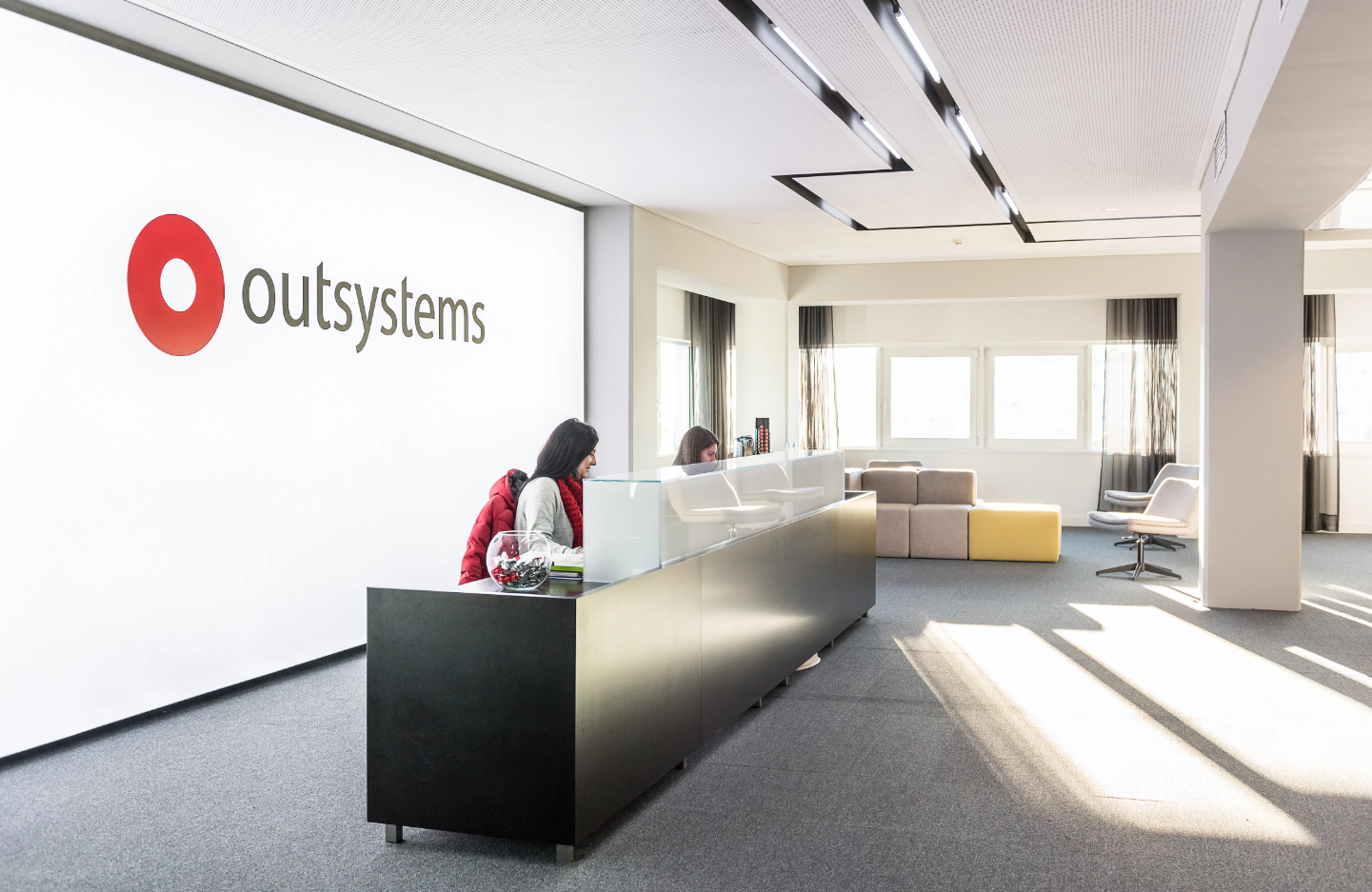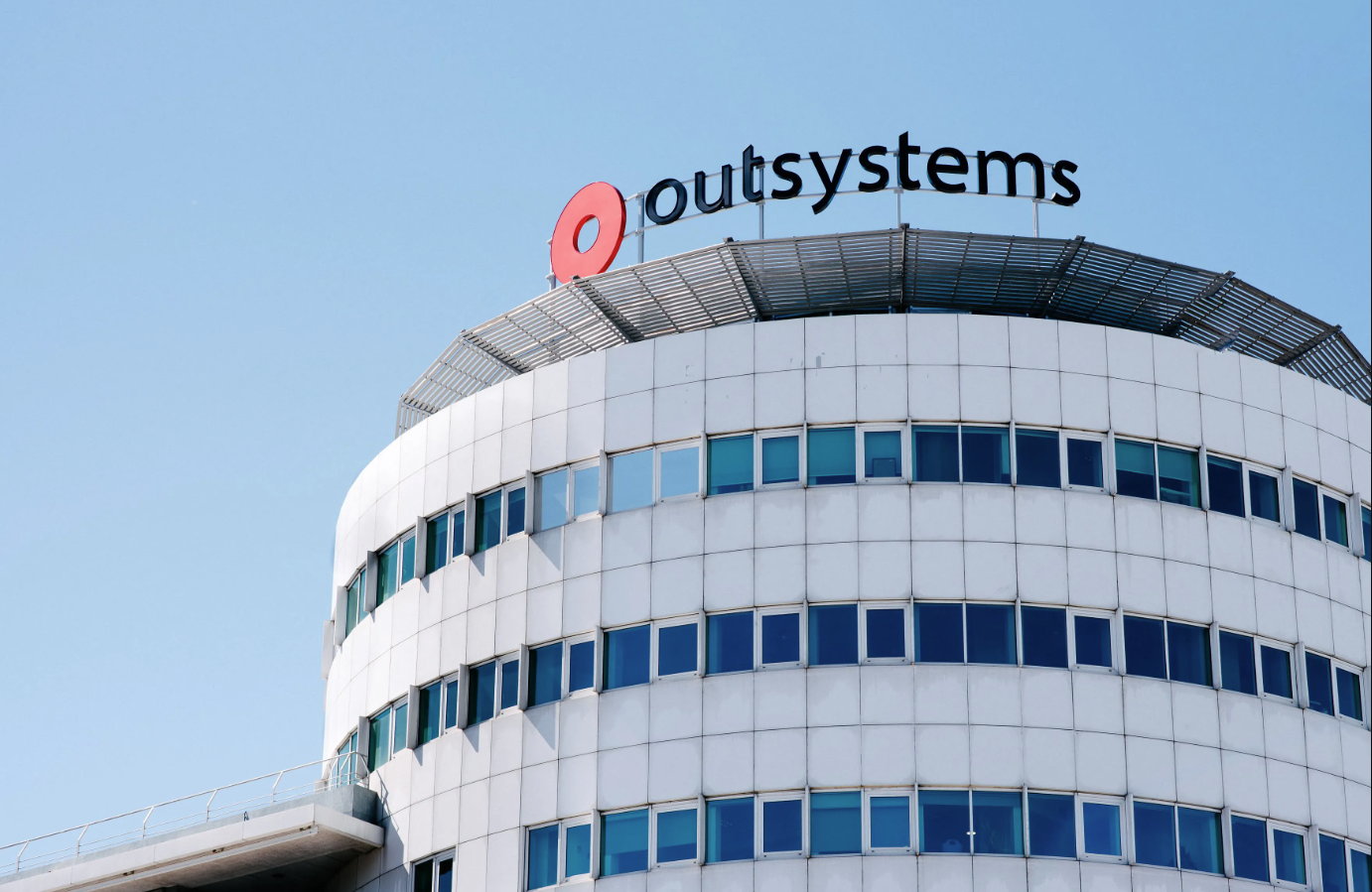In the manufacturing industry, digital transformation is not just a long-term strategy but an immediate necessity. Manufacturing companies face unique challenges such as supply chain disruptions, rising customer expectations, and the shift towards sustainable production methods. Adapting to these changes requires modernising legacy IT systems quickly.
In today’s fast-paced manufacturing landscape, efficiency is key. That’s where OutSystems comes in. The low-code platform empowers you to optimise operations and enhance customer experiences through easy-to-create customisable apps. We explain more in this article.
Extend: Integrating Cutting-Edge Technologies
The ‘Extend’ strategy in the manufacturing context involves integrating technologies like IoT and advanced analytics directly into existing systems. This approach enhances critical aspects like supply chain management and production processes.
IoT and Analytics in Manufacturing: By integrating IoT devices, manufacturers can gain real-time insights into machine performance, predict maintenance needs, and optimise production schedules. Advanced analytics can also be used to analyse this IoT-generated data for strategic decision-making, leading to more efficient operations.
Faster-to-Market Processes: Platforms like OutSystems streamline complex processes by providing a framework for rapid development and integration of these technologies. They can facilitate the creation of inventory management systems that automatically update stock levels in real-time or customer interaction portals that provide personalised experiences.
Refactor: Modernising Core Manufacturing Systems
Overhaul of ERP and CRM Systems: Refactoring in the manufacturing industry often focuses on core systems like Enterprise Resource Planning (ERP) and Customer Relationship Management (CRM). The goal is to transform these systems into more modular and flexible architectures.
Improved Integration and Efficiency: By breaking down these large systems into smaller, more manageable components, manufacturers can update individual aspects without disrupting the entire system. This leads to improved integration with new technologies and an efficient overall operation. Impact on Decision-Making and Downtime: A well-refactored ERP or CRM system enhances decision-making by providing more accurate and timely data. It also reduces system downtime during updates or maintenance, ensuring continuous production and operations.
Rebuild: Developing Cloud-Based Solutions
When systems are too outdated or no longer fit for purpose, the ‘Rebuild’ strategy involves developing new, often cloud-based, solutions from the ground up. This approach is about starting afresh with technology that is fully aligned with the current and future needs of the manufacturing enterprise.
Increasing Agility: Cloud-based solutions offer greater flexibility and scalability. They allow manufacturers to quickly adapt to market changes, scale operations up or down as needed, and integrate new technologies more easily than traditional systems. Reducing Dependency on Obsolete Technology: By moving away from legacy systems and using a platform like OutSystems, manufacturers reduce their dependency on outdated technology that can be costly to maintain and may not support newer, more efficient manufacturing methodologies.
Each of these strategies offers a unique approach to modernising manufacturing IT systems. Ultimately your strategy depends on your specific needs, challenges and future plans of the manufacturing company.
By selecting and implementing these strategies, manufacturers can not only improve their current operations but also position themselves for future growth and success in an increasingly digital industrial landscape. To find out more about OutSystems and how the low code solution can help you, contact our team who can help. You can also download our Complete Guide to OutSystems which highlights more about the platform, licensing, benefits and more.




